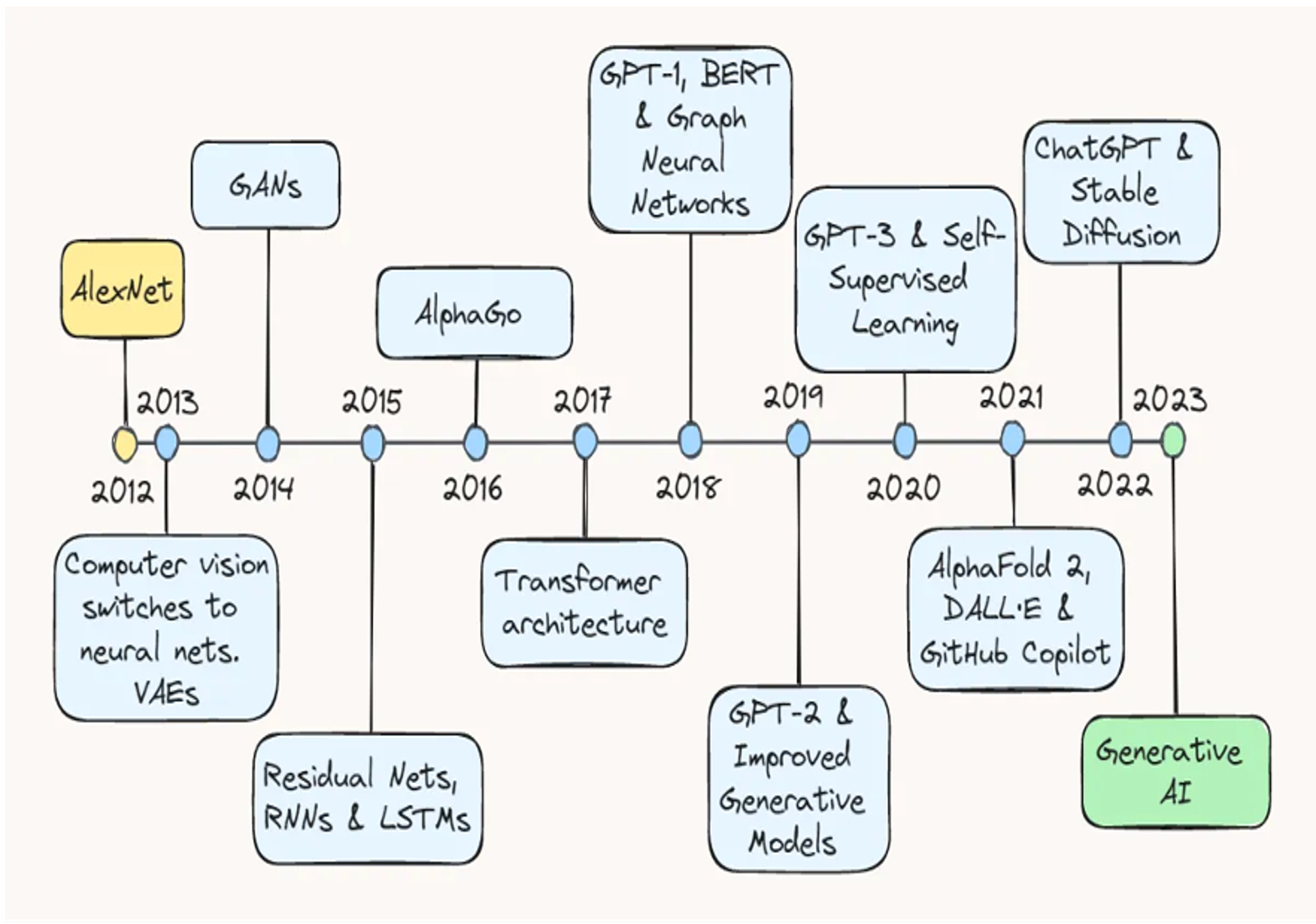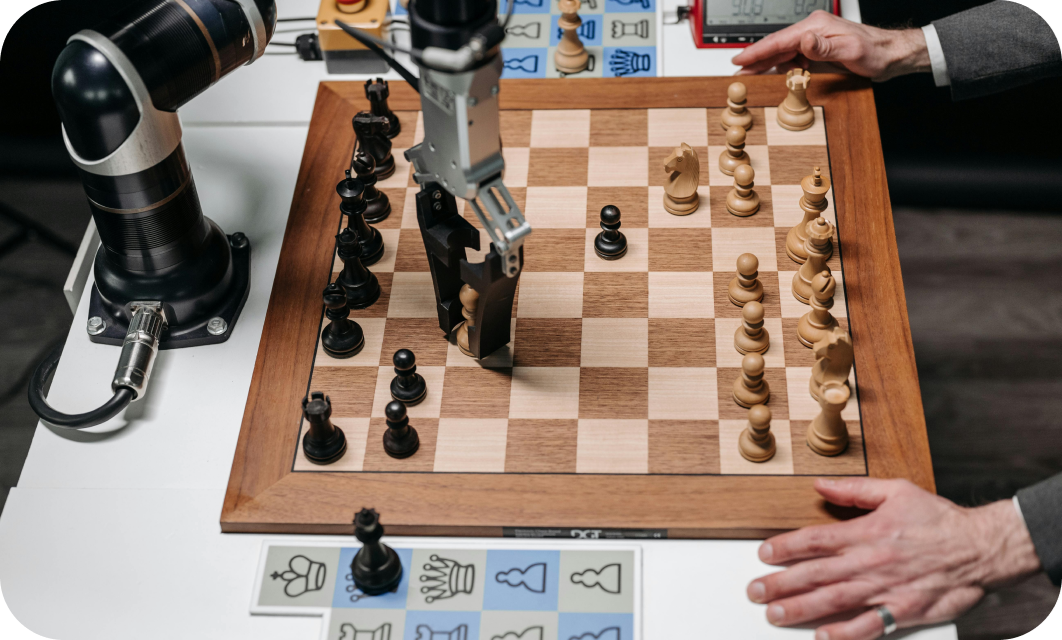
Artificial Intelligence
Artificial intelligence is the cutting-edge technology that gives computers the power to think and act intelligently. From recognizing patterns to making decisions, AI mimics the way humans solve problems and carry out tasks. When a machine performs an action that seems "smart," it’s because AI is doing the heavy lifting behind the scenes, making technology more intuitive and efficient than ever. Until recently, AI was perceived as a highly specialized technology that was relevant and accessible to only a handful of sectors, companies and business problems. Simply put, there is now enough compute power and enough data to pursue rapid advancements such as generative AI that have created an environment that is ripe for mass adoption.
Narrow AI
Narrow AI, also known as Weak AI or Applied AI, is all about focus. These AI systems are built to master specific tasks within a set environment. They excel at what they’re trained to do, but unlike humans, they can’t transfer that knowledge to unrelated areas. It’s like having a world-class chef who can create amazing dishes but isn’t expected to design a car. The AI Hub focuses on narrow AI applications that can be put to use to drive productivity and solve practical, real-world problems for people and businesses.


The AI Effect
As AI keeps breaking new ground, there’s an interesting paradox: once AI solves a problem, it’s no longer seen as a sign of intelligence. This is known as the AI effect. Each time AI accomplishes something that once seemed impossible, we adjust our expectations, pushing the boundaries of what machines can do. It’s a cycle that keeps AI moving forward, constantly setting new standards for innovation
Responsible AI
Responsible AI means creating and using AI systems in ways that are ethical, transparent, overseen by human decision-makers, and focused on benefiting society. It’s about ensuring AI respects human rights and minimizes risks, so we can enjoy all the advantages AI brings—without compromising our values or putting people at risk. By prioritizing responsibility, we can harness AI’s potential while building trust in the technology that’s reshaping our world.
